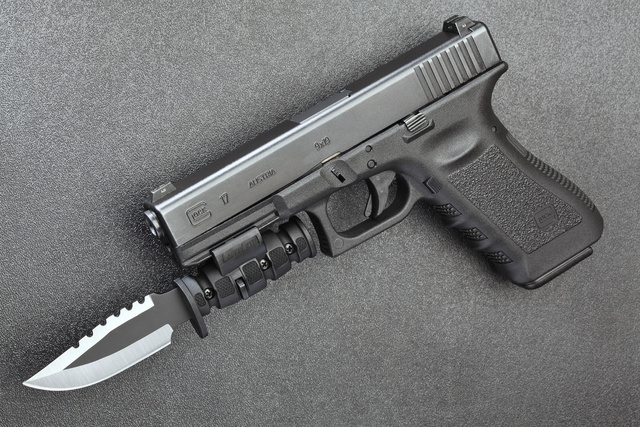I have read some of the threads where inexperienced shooters sometimes have problems with FTF or FTE because they limp wrist the handgun or fail to grip securely.
What is your opinion or experiences on whether that problem might be greater or lesser with a blowback operated action on say a Beretta 84 versus a locked breech 380 pistol?
I realize the blowback operated pistol will have a stronger recoil spring and will therefore be more difficult to rack the slide.
Just focusing on reliability here.
What is your opinion or experiences on whether that problem might be greater or lesser with a blowback operated action on say a Beretta 84 versus a locked breech 380 pistol?
I realize the blowback operated pistol will have a stronger recoil spring and will therefore be more difficult to rack the slide.
Just focusing on reliability here.













